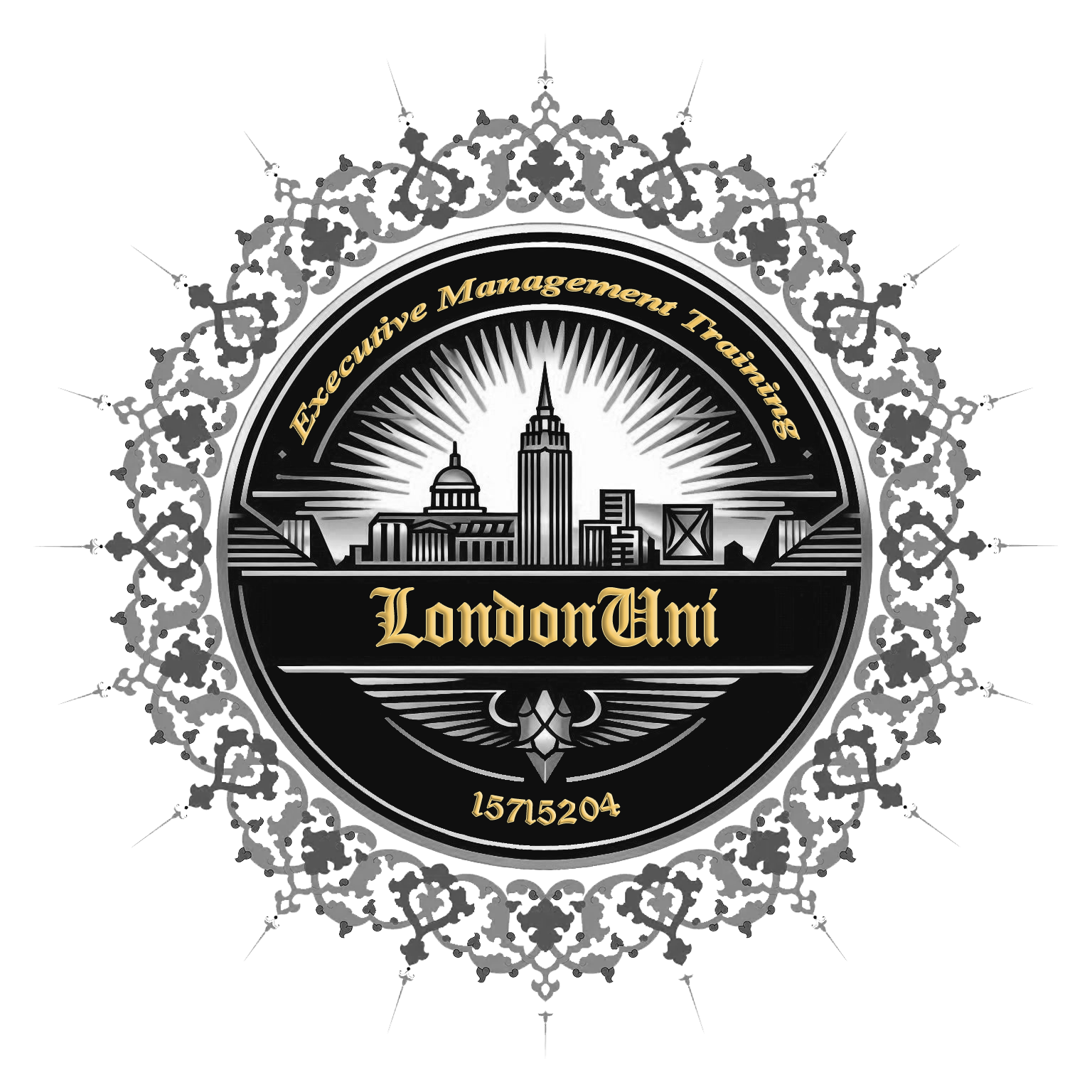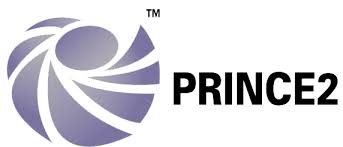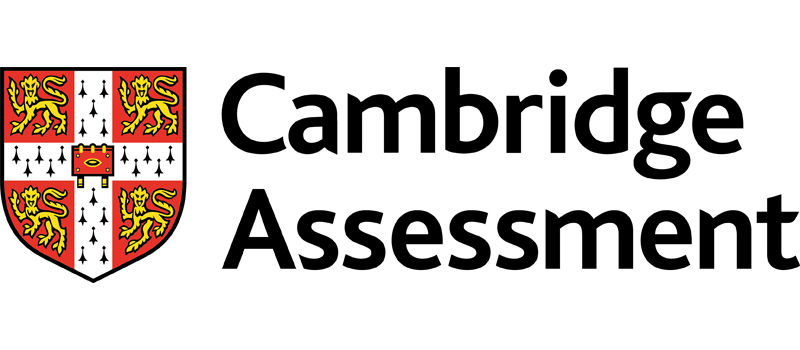Day 1:
Foundations of Emotional Intelligence
Understanding the concept and importance of emotional intelligence in management.
Exploring the five key components of EI: self-awareness, self-regulation, motivation, empathy, and social skills.
Assessing personal EI levels through self-evaluation exercises and feedback mechanisms.
Recognizing emotional triggers and developing strategies for emotional self-regulation.
Day 2:
Self-Awareness and Self-Regulation for Effective Leadership
Techniques to increase self-awareness and understand personal emotional patterns.
Developing self-regulation skills to manage stress, frustration, and workplace challenges.
The role of mindfulness and emotional control in decision-making and problem-solving.
Building personal resilience to lead effectively in high-pressure situations.
Day 3:
Empathy, Social Skills, and Relationship Management
The importance of empathy in leadership and team collaboration.
Strategies for active listening and effective communication to enhance workplace relationships.
Managing difficult conversations and resolving conflicts with emotional intelligence.
Influencing and persuading others through emotional awareness and adaptability.
Day 4:
Emotional Intelligence in Team Management and Performance Enhancement
Using EI to build trust and foster a positive team culture.
Techniques to motivate and engage employees through emotional intelligence.
Managing and leading diverse teams with emotional intelligence.
Enhancing collaboration, creativity, and innovation through emotional intelligence.
Day 5:
Practical Application and Action Planning
Case studies on successful application of EI in managerial roles.
Role-playing exercises and simulations to apply EI strategies in real-world scenarios.
Developing a personalized emotional intelligence improvement plan.
Final assessment and feedback session to reinforce key takeaways.























































